 |
| Read in Browser |
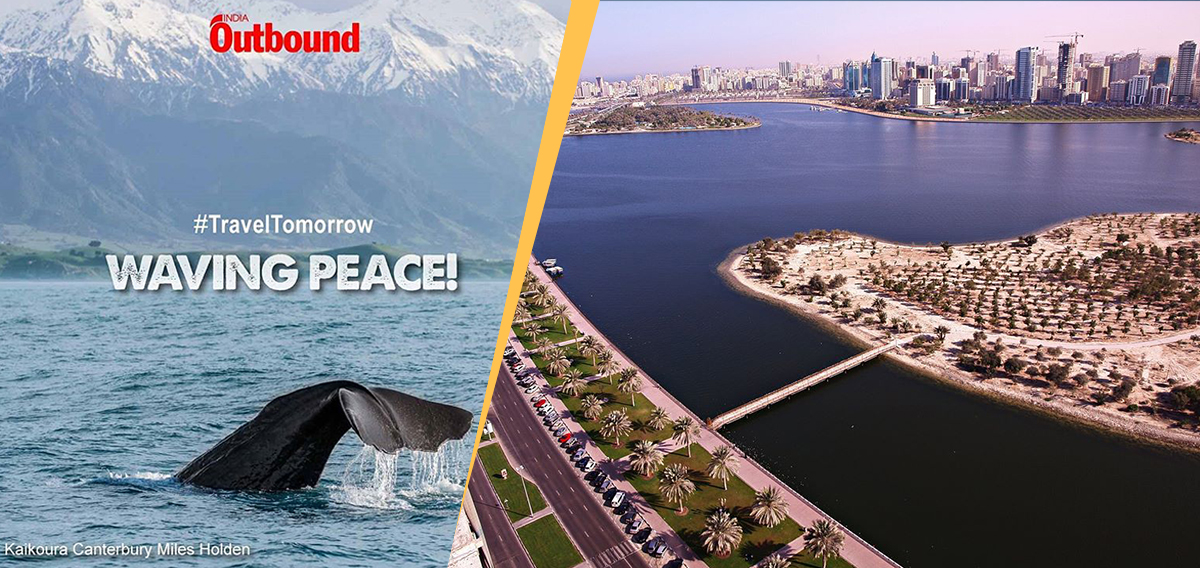 |
About India Outbound MagazineIndia Outbound, a brand of Media India Group, is India’s only B2B travel media platform, that encompasses a print magazine, a website, an online TV channel and dynamic social media platforms, entirely dedicated to the promotion of foreign destinations and products in India. India Outbound is a niche platform not just for tourism destinations and products to promote themselves to the Indian travel industry, but also for decision makers to build/change their strategy in a context where the Indian outbound market is not only growing but changing with new dynamics. India Outbound brings to you the latest trends of the market with in depth analysis. |

OTOAI asks embassies to issue gratis visasOTOAI, the Outbound Tour Operators Association of India, has asked all diplomatic missions in India, mainly the European countries asking them to issue gratis (free) visas for all those with valid visas and who could not travel due to the pandemic outbreak. |
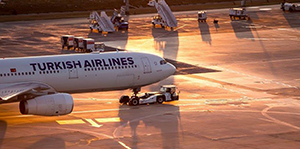
Turkey to resume international flights to India from August 1After having remained closed for over two months due to the Covid-19 outbreak, Turkey began resuming international flight connections from July 11 onwards. Now, it will start flights to four countries, including India, from August 1, transport and infrastructure minister Adil Karaismailoglu has announced. In a written statement, he said the four countries were India, Russia, Kuwait and South Africa. He added that the government was considering resuming flights to Tunisia, Algeria, Egypt, Kyrgyzstan, Iraq, Kenya and Uzbekistan also. |

40 pc destinations have eased travel restrictions: UNWTOGlobal tourism industry is slowly resuming as a growing number of destinations begin to ease Covid-19 related travel restrictions and adapt to the new reality. According to the latest analysis from the World Tourism Organisation (UNWTO), 40 pc of all destinations worldwide have now eased the restrictions they placed on international tourism in response to Covid-19. This latest outlook, recorded on July 19, is up from 22 pc of destinations that had eased restrictions on travel by June 15 and the 3 pc previously observed by May 15. |
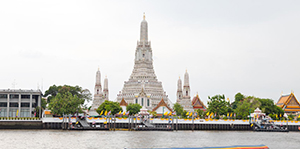
Thailand tops Global Covid-19 Recovery IndexThailand has ranked number one in the world out of 184 countries for its ongoing Covid-19 recovery effort, according to the Global COVID-19 Index (GCI) developed by Pemandu Associates, a Malaysian data analysis and research agency supported by the Malaysian government and the Sunway Group. In the index, Thailand received the highest score of 82.06, as an example of best practices in tackling the ongoing global pandemic. As of today, the number of confirmed cases in Thailand stood at 3,298, with 129 currently being treated, while 3,111 have recovered and 58 have died. The GCI bases 70 per cent of its calculation on big data and daily analysis from 184 countries, while the other 30 per cent comes from the Global Health Security Index, an assessment of global health security in 195 countries prepared by the Johns Hopkins Centre for Health Security in the United States. South Korea ranked second with a recovery index of 81.09, followed by Latvia (80.81), Malaysia (79.37), Taiwan (78.94) and New Zealand (78.55). Australia, which had been the number one so far, fell to sixth, with a recovery index of 77.18. India ranks at distant 78th with only 53.02 index score.
|
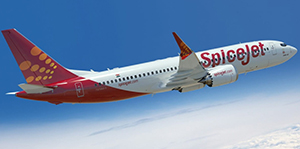
SpiceJet to kick-start long-haul flights with Amsterdam-BengaluruLow-cost Indian airline SpiceJet, which has so far operated domestic and short to medium-haul international flights will start its long-haul operations with a charter flight from Amsterdam to Bengaluru and Hyderabad on August 1 and August 2, respectively marking the launch of its long-haul operations and taking an edge over IndiGo and Vistara in the race. The airline has already been allowed to operate chartered VBM flights to the UK. Currently, flag-carrier Air India is the only Indian airline flying long-haul international flights to destinations in Europe and the U.S. SpiceJet has a fleet of Boeing 737 and Bombardier aircraft, both of which cannot fly non-stop between Amsterdam and India. SpiceJet’s announcement of a flight from Amsterdam comes in the backdrop of India having announced earlier that it will follow an open sky policy with any country which is over 5,000 km away. Amsterdam falls in this category.
|
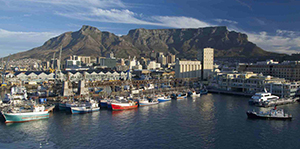
South African Tourism conducts conclave for its agents on the Indian marketSouth African Tourism India office hosted a virtual conclave with seven experts across the travel value chain. The aim of the conclave was to arm South African travel partners with insider knowledge and a holistic view of the Indian traveller segment, which is the 8th largest international source market for South Africa. Over 120 travel trade mmbers from South Africa got a view of the dynamically transforming distribution system, enabling them to adjust strategy and proactively address the emerging needs of the Indian traveller under the new normal. |
India Outbound is a publication of Media India Group
|


